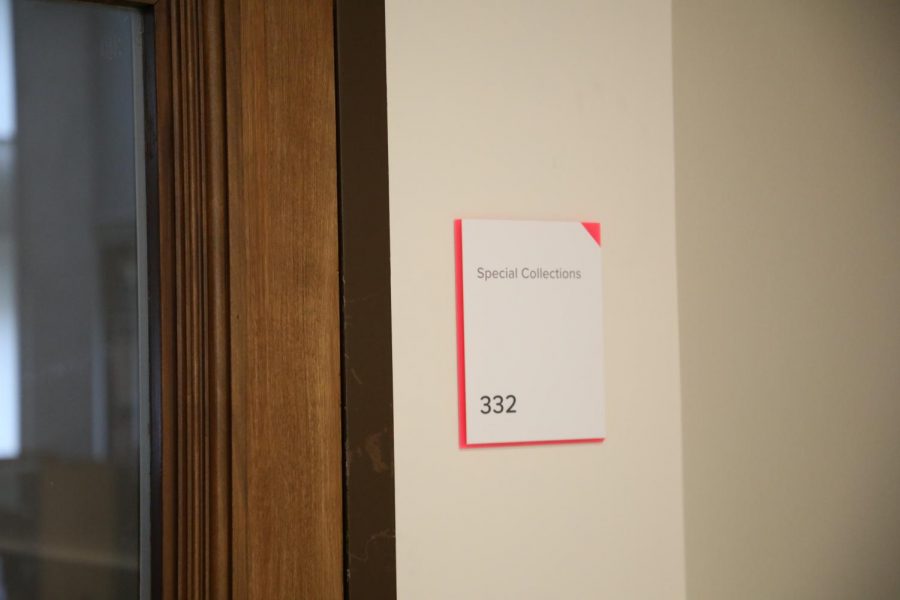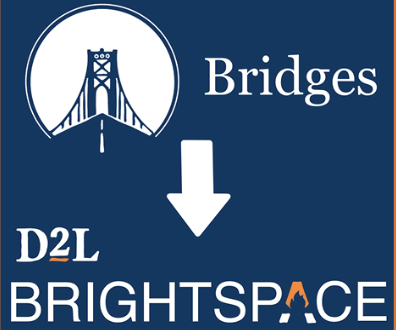Providence Public Library showcases the history of the state with the Rhode Island Collections
Emily Dvareckas/The Hawks’ Herald
The Rhode Island Collections are located on the third floor of the Providence Public Library in the Special Collections room.
PROVIDENCE, R.I. — Rhode Island’s rich history spans hundreds of years. The Providence Public Library’s Rhode Island Collections documents that history from the years right after Roger Williams’ time in the state to the impacts of COVID-19 today.
Kate Wells is the curator of the 3,000 square foot collection and is passionate about sharing the knowledge and resources it provides.
The collection tells the stories of what has happened and what is happening to the people of Rhode Island, including the current pandemic and documents pertaining to the LGBTQ+ community. Some of these stories are well known, while others have been buried throughout history.
“We are partners with the Rhode Island Historical Society on the COVID-19 archive project, which is documenting literally life in Rhode Island in the past two years,” Wells said.
“The other thing that is a brand new collecting area for us is The Rhode Island LGBTQ+ community archive, which opened this past summer in June,” Wells said. “We realized there was no library archive in the state that was intentionally collecting that community history, so we worked with an advisory board and are happy to be hosting that kind of collecting initiative.”
The collection and the work of researchers in the past 50 years have shifted to tell the stories of people who never had their stories told before.
“Our job has really focused on how do we collect and uncover the stories of people who might otherwise have been marginalized from history,” Wells explained.
Wells hopes the collection provides people with the ability to create connections with the past. This ranges from teens figuring out their neighborhood did not always look the way it does now to the history of the treatment of Black and Indigenous people of color in the state.
“I think that is the biggest thing, wanting people in our community to see themselves reflected in some way in history,” Wells said.
Artists, historians, academics, writers and inquisitive people have used the collection for their own work. Patricia Rubertone, Brown University professor and author of “Native Providence: Memory, Community, and Survivance in the Northeast,” thanked Wells for her assistance in collecting information for her book about the often hidden history of Indigenous people in Providence.
The collection began in the early 1900s and has taken many different forms throughout the years.
“The general collection has been in place in one form or another since 1905. That is when they started collecting material about the history of Rhode Island and setting them on a separate set of shelves,” Wells said.
In the early years, the collection was handled by the reference department and was a subsection of the department. By the 1980s it grew to a substantial collection with many different forms of archival material. The Rhode Island Collections eventually became a Special Collection around 2013.
“It was the realization that we had a lot of unique material that would make it actually better fit with Special Collections,” Wells said.
The collection did not physically move when it was deemed a part of Special Collections, rather it was an organizational change. Once the library underwent renovations a few years ago, the collection moved to the Special Collections department and within the past year, it reopened to the public.
Wells said the strength of the collection is material from the 1830s to contemporary times. The oldest archive dates back to 1693 and has acts and resolutions of the colony. The newest archives are from this year, which are still open for public contributions.
The library encourages people to donate to that collection and to have researchers interested in that history look into the collection.
The collection is open to the public and people can walk in and take a look at it. Those interested in seeing it do not need an appointment or be a Providence Public Library cardholder.
“If our doors are open [people] can just stop in,” Wells said. “You can just walk in the door and say ‘hey what do you have that is fun and interesting?’ We love those kinds of visitors.”
Virtual reference appointments are also available for those who cannot go to the library. The digital archive is accessible through the web and is public domain. Wells believes that everyone that walks through the door of the library should have access to the collection, no matter their age, what language they speak or what their interest level is.
“We are pretty focused on access for people, so making sure that access is really easy for people is one of the key things for us,” said Wells.
Those interested in seeing the collection can do so at the Providence Public Library located at 150 Empire St., Providence.
Rachel Dvareckas was a 2022 RWU journalism graduate who spent four years dedicated to The Hawks’ Herald. She currently takes on more creative roles...





